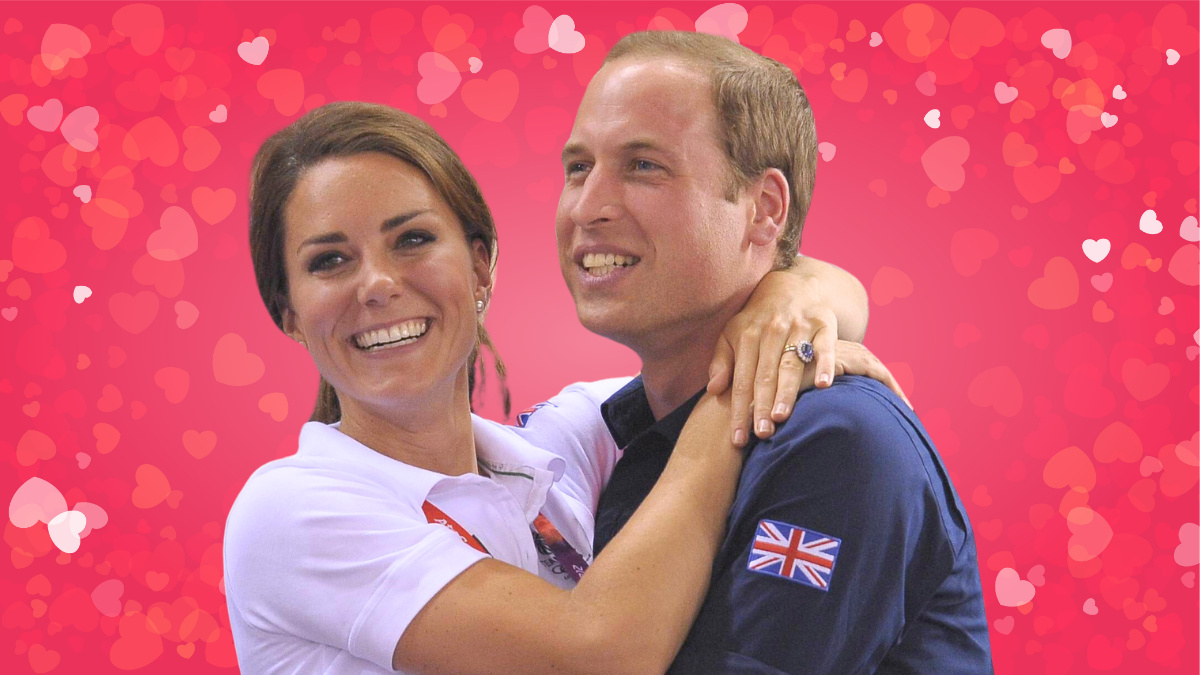Returning to Florence recently for a short break with my post-GCSE daughter involved a much-anticipated revisit to Il Santo Bevitore, where we had previously dined in 2016. It seems perennially rammed from the moment its doors swing open at 7.30pm, and although many of the diners seem to be tourists, the food more than sufficiently stacks up to warrant a meal in its welcoming candlelit interior.

What I remember most from my first visit was my main course of octopus, which I still reference as one of my all-time favourite dishes to the ongoing disinterest of my family. But on returning to the restaurant, I think my recollections of the octopus had probably been burnished by the real stand-out aspect of the restaurant – its exemplary level of service. For a very busy venue, there is a comforting feeling that the team are on top of everything. There were, understandably, some slight delays in the flow of the service, but I felt fully relaxed and confident that nothing would go amiss.
The next time I’m in Florence, I’ll be back again to Il Sante Bevitore, not for the octopus or any other dish but for the quality of the service. When all factors are considered, it is this people factor that is the key ingredient that prompts return visits to hospitality businesses of all descriptions. It’s what makes you become a regular, however irregular that might be – every five-plus years for me and Il Santo Bevitore.
The desire to constantly visit new places has meant I’ve rarely become a regular of any restaurants or bars, but there have been standouts I’ve often gone to reasonably regularly. Often, it has been because I’ve wanted to support them and chew the fat with the team rather than necessarily having the need for another cappuccino or the thirst of a pint of beer.

This was the case with one particular local coffee bar – among the myriad options in my part of town – that always drew me in because of its owner. I cannot even remember the name of the place because my children called him “the Italian man”, and so the conversation would go: “Let’s go to the Italian man for a coffee and some slices of black pepper Pecarino.”
I’d sometimes visit with a view to reading my newspaper or some work papers but would invariably be dragged into the conversation by “the Italian man” (don’t ask me his name). This seemed the case with pretty much every other visitor too – we were all attracted to the charismatic front man. Sadly, his front-of-house expertise did not extend to the back-of-house management requirements, and the shutters sadly came down. We have all become the diaspora of the Italian man, now spread among many inferior coffee bars.
Another regular venue over the past five years has been the Great Northern Railway Tavern, which has had one of the best beer selections in the country. It was the latest imports from the US or some rare cask from the latest hip craft brewery that frequently sucked me in, or so I thought. But now, I’m not so sure. With a change of landlady and supporting team, I’m coming around to thinking that it was the people and not the beer that was the element that drew me in at times when I wasn’t in the least bit thirsty. I’ve not been in for a while.
Developing a rich people culture across a large hospitality business is tough, but if it can be achieved, then the results can be valuable indeed. I recall a conversation with the Dishoom founders some years back when they recalled a sticky early period when things were misfiring. They deployed a strategy wholly focused on their employees, with the theory that if they gave them everything they needed and were happy in their roles, then this would transfer on to the customers and all the other (financial) metrics would fall into place. It worked, and it is not just the iconic bacon naan rolls that keep people returning to the queues outside the doors of the growing number of Dishoom restaurants.

Bill’s looks to be taking a leaf out of the Dishoom playbook with its recent application of non-financial goals on the business. It has had its difficulties over recent years, and to address this, Tom James, managing director of Bill’s, says for the first time in his 28 years in the industry, he ditched the use of economic metrics and instead set goals based on what he calls the fundaments of hospitality. This involves ensuring every interaction between the team and guests, suppliers and colleagues contributes to an ultimately happy experience. Needless to say, this has helped the company surpass all financial expectations and achieve its best ever net promoter score and mystery guest results.
It’s hardly rocket science to suggest that it’s the people that make the difference in hospitality, but maybe during these times when ingredient costs, wages, rentals, business rates and other economic imperatives have taken over the narrative, it might be a good idea to put the spotlight back on people.
Glynn Davis, editor of Retail Insider
This piece was originally published on Propel Info where Glynn Davis writes a regular Friday opinion piece. Retail Insider would like to thank Propel for allowing the reproduction of this column.







